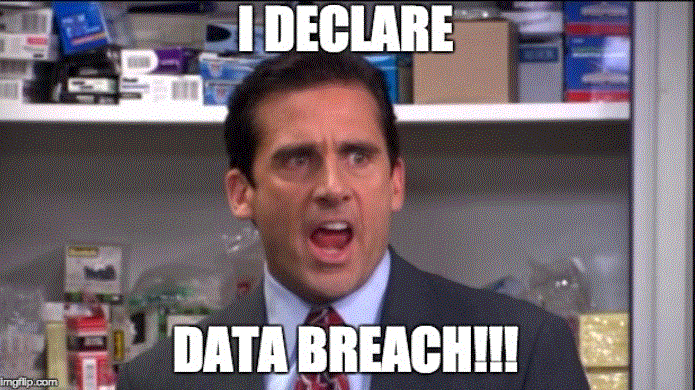Think back to the time you received your first cell phone. Most everyone in this class will relate this period of time to when flip phones were still a thing or phones that were just being developed with “qwerty keyboards”. We were so… fascinated by this new form of communication. However, it is considered the most common form of communication in today’s society. There was a point in history where the act of texting didn’t even exist, so how did this nonexistent term come to be so popular?

There was a time when those taking part in texting back and forth could only send SMS messages; better known as the dreaded “green bubble”. In 1984, two European men came up with the concept of SMS messaging. However, it wasn’t until 1992 that the first SMS text message was sent through a retro company known as Nokia.
The 1990s was the developmental aspect of texting. This is when companies were learning how to send text messages to other people and how to use this new type of medium to communicate. Texting became available around 1993 for person-to-person, and then eventually through various networks like businesses. The 90s were also the time when the T-9 keyboard was invented.
 Services were starting to be made available on mobile devices in the early 2000s. The news was able to reached on mobile phones at the beginning of the new millennium. “Text to” became very popular during this decade as well: “text to vote” on the hit singing show, American Idol, “text to donate”, “text to receive updates” on the presidential campaign. this was a time period where texting started become known and was being used commonly in everyday life.
Services were starting to be made available on mobile devices in the early 2000s. The news was able to reached on mobile phones at the beginning of the new millennium. “Text to” became very popular during this decade as well: “text to vote” on the hit singing show, American Idol, “text to donate”, “text to receive updates” on the presidential campaign. this was a time period where texting started become known and was being used commonly in everyday life.
2010 was not only the time “texting” was added to the dictionary, it was also when Apple iPhones started to become popular. The hype of a going from a T-9 keyboard, flip phone to an all touch screen iPhone was game changing. This may have been when the great Android vs. iPhone battle begin, also referred to as green bubble vs. blue bubble.
In our present day, texting has almost become a task. There are people who will have over 100 unread messages in their phone, with no intentions of replying to any of them. As far as we have come with being able to text, it seems that people would rather use the talk-to-text feature on their phones, or face-time, or talk to their apple watch. As the evolution of texting starts to become something that isn’t evolving anymore, the beauty of calling and seeing someone’s face while trying to communicate will hopefully *fingers crossed* be making a comeback.
NORMALIZE CALLING AGAIN!




